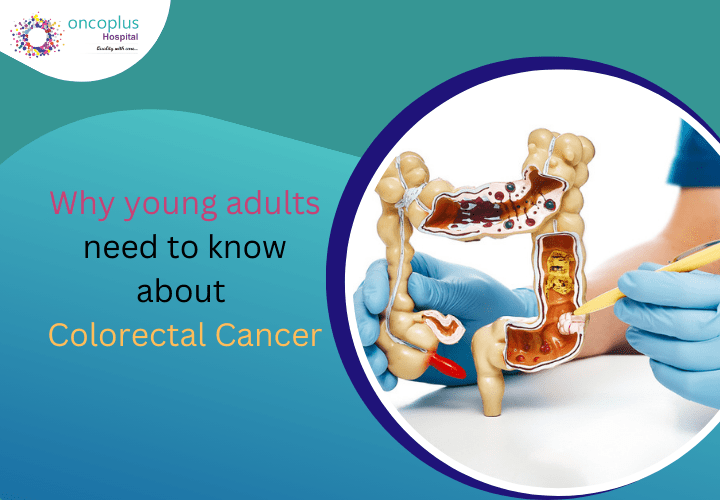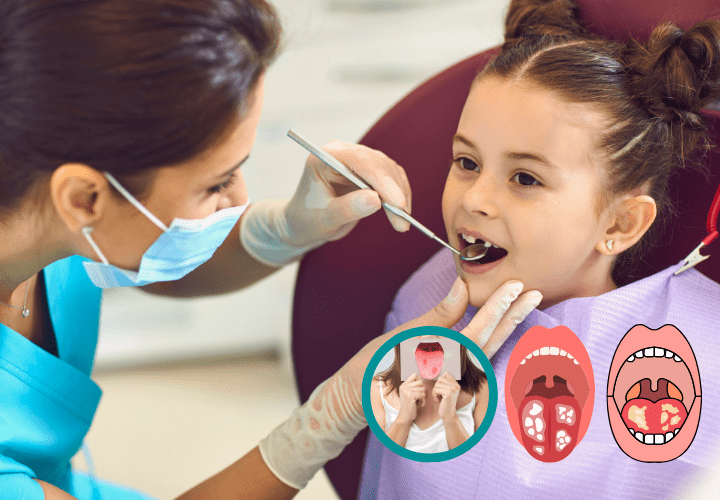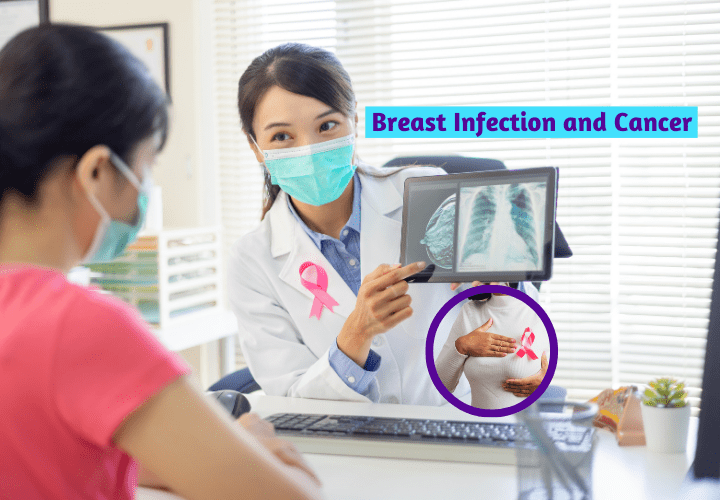What young adults need to know about colorectal cancer

What young adults need to know about colorectal cancer
- onco
- September 11, 2023
Most young folks believe that elderly people only get colorectal cancer, which is also known as colon or rectal cancer. However, recent trends have revealed a significant rise in the proportion of young adults receiving a colon cancer diagnosis. The younger generation has to be more conscious as a result of this transformation. This blog will discuss colorectal cancer information for young adults, including risk factors, symptoms, prevention, and the value of early detection.
Knowledge of Colorectal Cancer:
The colon or the rectum, which are components of the digestive system, is where colorectal cancer develops. On the inner lining of the colon or rectum, it often starts off as tiny growths known as polyps. Regular screening and early discovery are vital because, while not all polyps are malignant, some can develop into cancer over time.
Factors at Risk for Young Adults:
Here, we’ll discuss colorectal or colon cancer risk factors for young adults.
- Family history: Even at a younger age, colorectal cancer risk can rise in families with the disease or in those with specific genetic abnormalities like Lynch syndrome.
- Lifestyle Choices: Poor diet, inactivity, smoking, binge drinking, and obesity are all lifestyle factors that can raise the risk of colorectal cancer.
- Inflammatory Bowel Disease: Crohn’s disease and ulcerative colitis are examples of inflammatory bowel diseases that can increase the risk of developing colorectal cancer.
- Radiation Therapy: You may be more vulnerable if you already have abdominal radiation therapy.
- Type 2 Diabetes: People with type 2 diabetes may be at increased risk, according to specific research.
Read More: Treatment Of Cancer With Radiation Therapy
Common Symptoms:
Early on, colorectal cancer frequently has no symptoms. However, adolescents and young adults need to be alert to the following signs discussed below:
- Bowel Habit Changes: You will feel changes in the faeces’ size, shape, consistency, or persistent diarrhoea and constipation.
- Blood in Stool: Rectal bleeding and blood in the stool are potential warning signs.
- Abdominal Discomfort: Cramps, pain, or an uncomfortable feeling in the abdomen, such as fullness or bloating.
- Unaccounted-for weight loss: Profound loss of weight that occurs quickly.
- Fatigue: Constant tiredness or weakness that is frequently related to anaemia brought on by persistent bleeding.
Read More: The Omicron Variant and People Suffering From Blood Cancer
Prevention:
Make a balanced diet full of fibre-rich fruits, veggies, and whole grains part of your healthy lifestyle choices. Exercise frequently, avoid smoking, and consume alcohol in moderation.
- Screening: Young adults should talk about early screening with their healthcare provider if they have a family history of colorectal cancer or other risk factors.
- Know Your Body: Keep an eye out for any changes in your bowel routine, stool appearance, or discomfort in your abdomen. Inform your doctor as soon as possible of these symptoms.
- Genetic Counseling: Consider genetic counselling and testing if you have a history of colorectal cancer in your family or believe you may be predisposed genetically.
- Stay Up-to-Date: Keep up-to-date with the most recent findings and advice on colorectal cancer screening and prevention.
The significance of early detection when found early, colorectal cancer is very treatable. However, while it is believed that the disease primarily affects older people, young persons are frequently diagnosed with the illness at a later stage. A delayed diagnosis can considerably decrease the likelihood of successful therapy and recovery.
Screening Recommendations:
According to the American Cancer Society, those with an average risk of colorectal cancer should start getting screened regularly at the age of 45. However, individuals with more significant risk factors might need to begin screening sooner.
Here, we’ll discuss typical screening techniques that include:
- Colonoscopy: A procedure that allows for the removal of polyps and the early diagnosis of cancer while inspecting the entire colon and rectum.
- Faecal Immunochemical Test (FIT): An easy test you may perform at home to see if there is any blood in your stool, which could be a sign of colon cancer.
- Flexible Sigmoidoscopy: A procedure that looks at the rectum and lower portion of the colon.
- CT Colonography: A non-invasive procedure that visualises the colon using computed tomography.
In conclusion, young folks are becoming more at risk for colorectal cancer as well, so it is not just a problem for elderly people. A healthy lifestyle, being aware of the risk factors, and recognising frequent symptoms are all crucial in preventing this illness. To increase survival rates, early detection with routine screening is essential. In order to assess their risk and take preventative actions, young adults must prioritise their health, keep informed, and communicate with healthcare specialists. We can lessen the burden of colorectal cancer on the younger generation by increasing awareness and taking appropriate measures. Never forget that you may always take charge of your health and well-being. For that, you can consult with the best cancer hospital in India for routine check-ups or cancer screening. Oncoplus provides the finest cancer treatment in India with the help of advanced technologies. The cost of our treatment is cheaper than other hospitals in India or other countries.





Leave a Reply